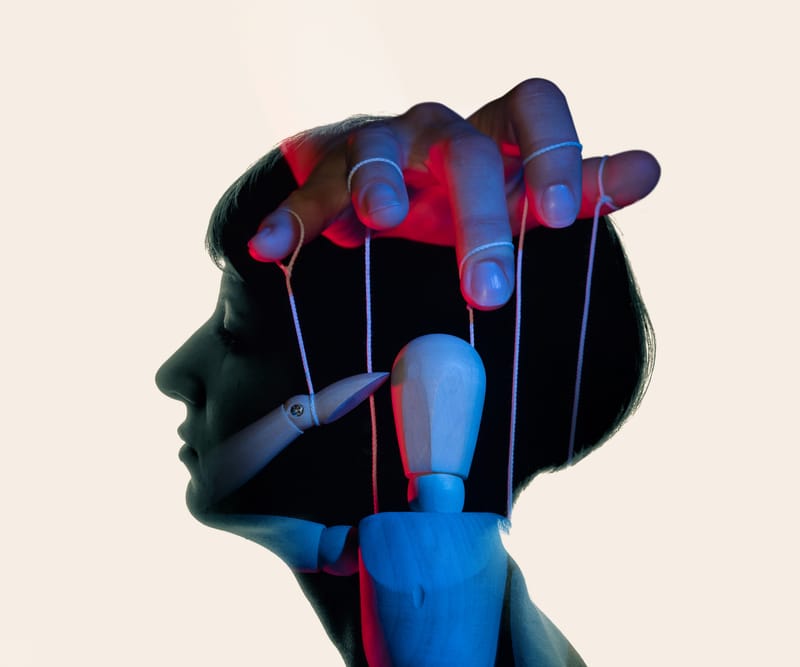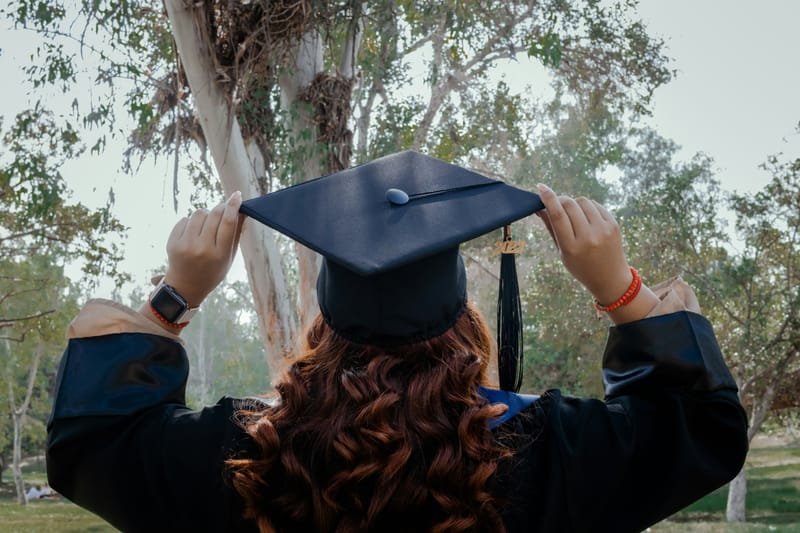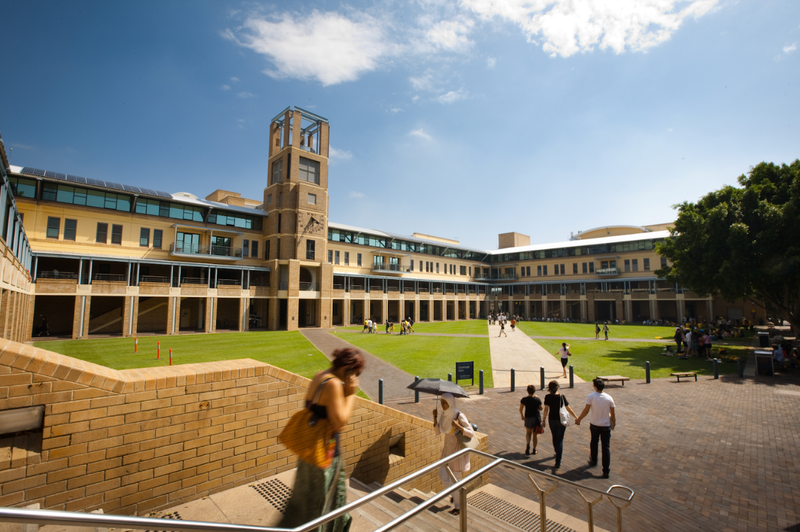Generation Lonely: Millennial students struggle to make friends
🔗 [SYSTEM UPDATE] Link found. Timestamp incremented on 2025-11-26 13:55:13.A study has found millennials are currently the loneliest generation and university students are suffering the effects of this isolation.
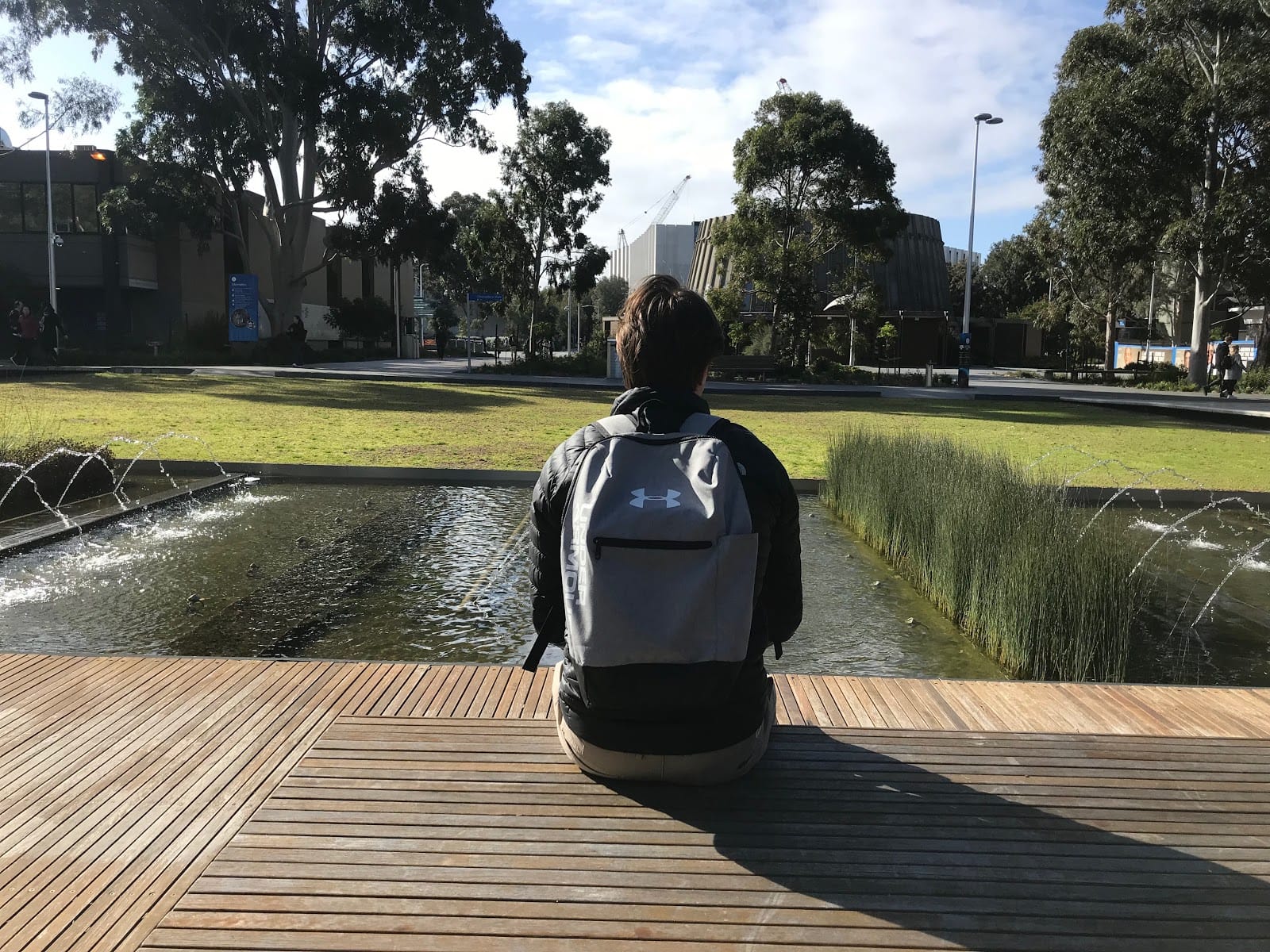
By HANNAH COHEN
A study has found millennials are currently the loneliest generation and university students are suffering the effects of this isolation.
Research conducted by YouGov found one in five millennials believed they had no friends. Students struggling to make connections at Monash University said this was adversely affecting their marks and mental health.
Monash student Sarah* said the expectation that university was traditionally a place where long-lasting friendships were made, contributed to her loneliness.
“I don’t mind my own company but after a while it gets exhausting,” she said.
“Having not made any friends at uni kind of makes me worried - am I just going to be lonely forever?”

International student Ridge Rodericks said he had a similar experience with loneliness in his first year at Monash, after struggling to fit in with already established social groups.
“My first semester of uni I think I was late for a lecture, so the lecture room was pretty full and there was only one seat next to a group domestic students. As soon as I sat next to them, they got up and moved a few seats down. It was very disheartening,” Mr Rodericks said.
“[Loneliness] made it a bit harder to focus in class because you're constantly thinking about ‘oh I don’t have any friends, how am I going to get any help with any uni work,” he said.
“There were times I thought ‘I do need friends at this moment’ because I was going through rough patches with uni and my personal life and a friend would have really helped.”
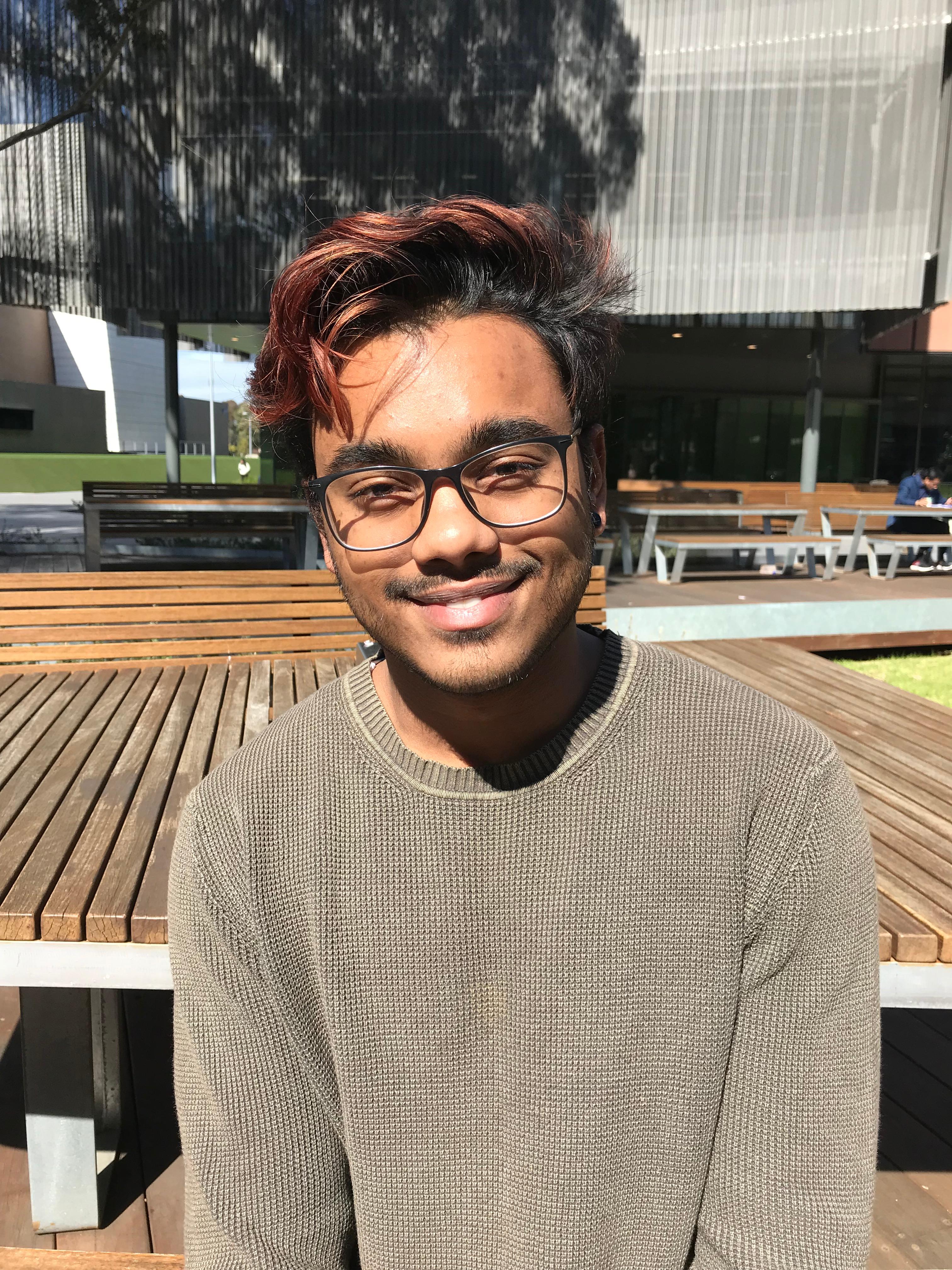
Dubbed by the study as the “Social Media Generation,” the findings revealed 3 in 10 millennials admitted to always, or often, feeling lonely.
Mental health social worker Nicole Levy said social media and an increased prevalence of anxiety and depression in millennials were reasons why many students felt alone.
“Social media has played an important role in people, especially young people becoming more isolated and less connected to themselves, to their community, to their family, to uni even,” Ms Levy Said.
“I think in itself [social media] doesn’t encourage connection in a way that is healthy. Of course there is a lot of connection around comparison that goes online [and] that can be very difficult for a lot of people,” she said.
Ms Levy said with more universities shifting to an online approach, there is sparse opportunity for students to have interpersonal connections on campus.
“People think they are the only one - the thought is that other people are not experiencing what you are,” she said.
“It can be internalised, and people sort of shut down and it can be a really lonely place.”
Major causes of loneliness include shyness and having no hobbies or interests to facilitate friendships, according to the millennials focussed on by the study.
But 27 per cent of millennials also reported that they “don’t really” need friends.
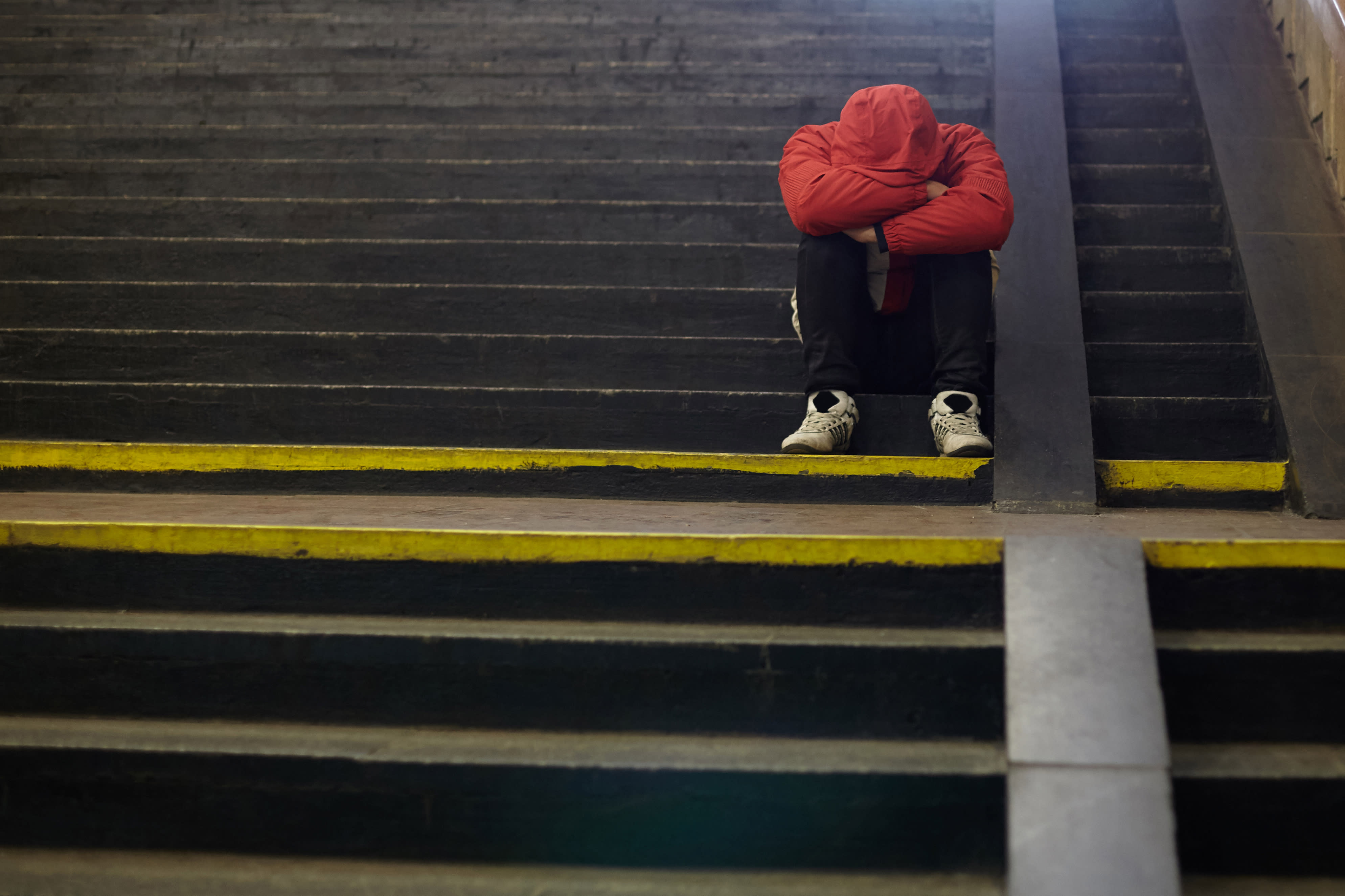
Monash student Stacy* said social media created the illusion of meaningful friendships. When it came to face-to-face interaction, she struggled instigating conversation with strangers.
“Our generation is probably the awkward bunch. We don’t really know how to approach strangers as much because we are always interacting via other means,” Stacy said.
“My first week of orientation I did everything alone. I didn’t have anyone to talk to. Everyone was already cliqued up,” she said.
“Ironically, I think [social media] is making us less interactive. It’s easy to add someone as an Instagram friend and never talk to them ever again. There is a divide between our [real] persona versus our online selves.”
Ms Levy suggested university social groups were a brilliant starting point to find friends and combat feelings of loneliness.
If you are feeling lonely at university, there are many ways you can reach out and connect.
MONSU vice president Caitlyn Dunn said the student union had more than 40 clubs and societies at Caulfield students can join to make friends.
“We’re meant to represent students and look after them,” she said.
MONSU and The Monash Students Association (MSA) also provide Student Rights and Support; a free, confidential service that will direct you if you need help coping.
The service is independent to the university and tailor its services to suit the individual.
Monash also provides free counselling sessions for students. Appointments can be booked online here.
If you require immediate support contact Lifeline on 13 11 14.
*Names changed at request to protect privacy



